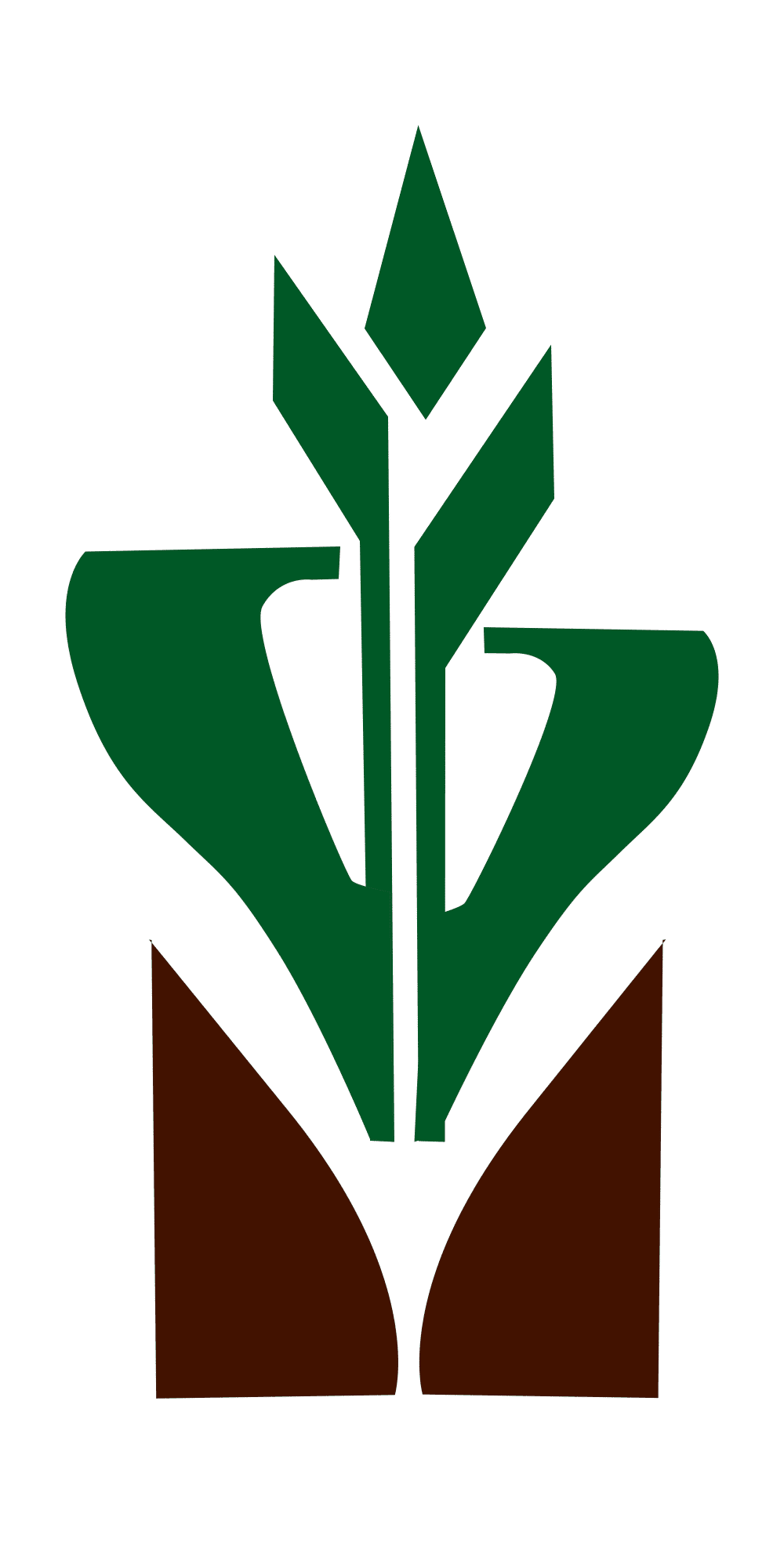OUTREACH AND ADVISORY SERVICES
Project Work
Since the 1992, on top of its regular activities, VDRF has successfully completed over 50 projects in the areas of organic vanilla and cashew cultivation, organic farming, soil testing and composting.
These projects have been sponsored among others by M/s TATA Coffee Ltd., Pollibetta, Agricultural Technologies and Services, Bangalore, M/s Namdhari Seeds (Pvt.) Ltd., Bangalore, etc.
Outreach Activities
Regular workshops and training programs are conducted to educate farmers and others on organic farming and related subjects. The scientific and technical staff of VDRF are participating in several conferences, seminars, gatherings, exhibitions and farmers’ meetings to disseminate the scientific information gathered.
Groups of farmers, as well as individuals, regularly visit the Foundation and the farm. Now and then, scientists from research stations also pay a visit. The activities of the Foundation are being explained in detail during such visits, and visitors taken around the farm. The number of visitors per year is in the range of 2000-3000.
“Moodambail” Organic Village
The successful management of Varanashi Farms through organic farming has prompted the Varanashis to take up an organic village project at Moodambail. In this village, influenced by the Varanashis, more than 50% of the farmers shifted to organic. Later, the entire Moodambail turned 100% organic. There are over 350 families. Under the project, Varanashi has provided all technical inputs needed to manage successful organic farming. Financial aid is extended for the supply of organic inputs. Cocoa, arecanut, coconut, cashew nut, black pepper, rice, milk, honey etc. were organically produced in this village. Effort was made to make this village a model in all respects. The Government of Karnataka financially supported this project, as a part of 27 model organic villages in 27 districts of the state.
Technology Demonstration
Various soil and water conservation structures have been adopted. An ideal silviculture system using Teak, Mahogany, Acacia along with native plants has been established at Varanashi Farms.
Many successful rainwater harvesting systems have been established. The most important of them is the Varanashi Sand & Plastic Barrage, a 115 ft temporary barrage constructed across Seere river using sand and plastic sheets – a low cost technology to block the water during summer months. The first attempt was made in 2002, and further simplified in subsequent years. Inspired by the success, 12 more units have come up in recent years.
VDRF Services
Expert advice is available on the establishment and cultivation of plantation crops like arecanut, coconut, cocoa, banana, teak, pepper, cashew etc. VDRF has undertaken a number of advisory works within India, advising farmers with special emphasis on organic farming. VDRF also undertakes analysis of all agriculture inputs including manures, bio-fertilizers, bio-pesticides etc. Dr. Varanashi Krishna Moorthy visits Cambodia on a regular basis to advise on the organic cultivation of cashew. The project was started in April 2006 as a Government of Cambodia project with financial aid from GTZ, Germany. Dr. Moorthy has also taught students at the Royal University of Agriculture, Cambodia.
Biotech Consortium India Ltd., New Delhi, a Govt. of India organization, has chosen Vast Centre to give on-job training on a six months program to promote biotechnology. Selected candidates undergo training at the Varanashi establishments. Mangalore University P.G. students regularly come to the foundation to undergo on-job training. Entrepreneurs from Malaysia and Indonesia have undergone training on organic Vanilla cultivation and processing at VDRF. On-Job training is also provided for national and international volunteers.
Given increasing water shortages, water harvesting and conservation methods are of vital importance. Varanashi Farms have become a Model Farm in the region, with VDRF providing information and technological guidance on water harvesting and conversation since the 1990s. Farmers can take advantage of the same. Among the various water harvesting and conservation structures and methods operational at VF and VDRF, are: catch pits in tree basins, check dams & gully plugs, zig-zag water-flow paths, water percolation in boundary trenches & road drains, percolation ponds, ‘madaka’ in higher reaches of tank, mini collection tank below the main irrigation tank, percolation pit near the well, recharging the bore-well, small check in drainage channels, ‘Katta’ across riverlet, Varanashi Sand Bag and Plastic Barrage, and roof rain-water harvesting.
Landscaping work is undertaken following eco-friendly and sustainable principles. Mostly plants fit for human consumption are suggested. Beautification without harming nature is our principle.
VDRF has considerable experience in recycling all types of solid wastes produced at the farm as well as agro-based industries. It has developed a unique system of composting, known as VRF method of composting. Expertise is also available for the successful management of liquid wastes like gobar-gas (biogas) slurry and household wastes produced in farming establishments.
